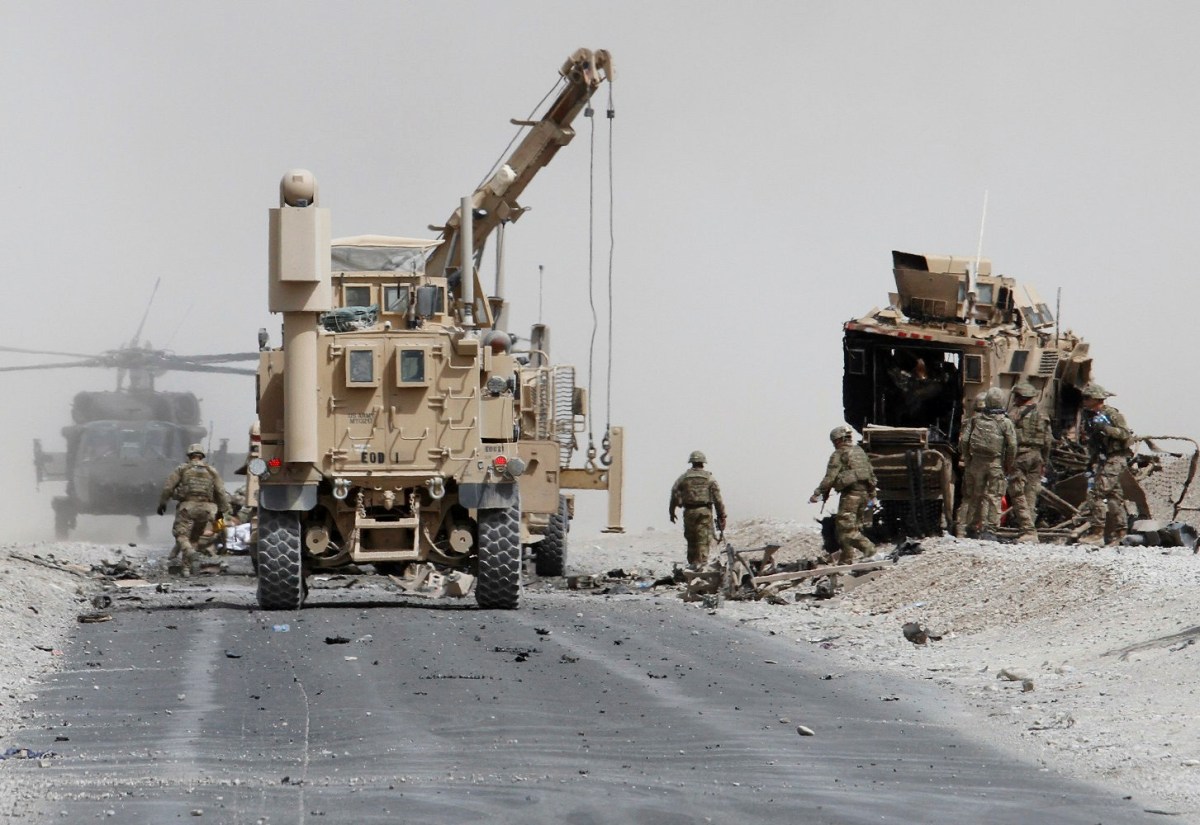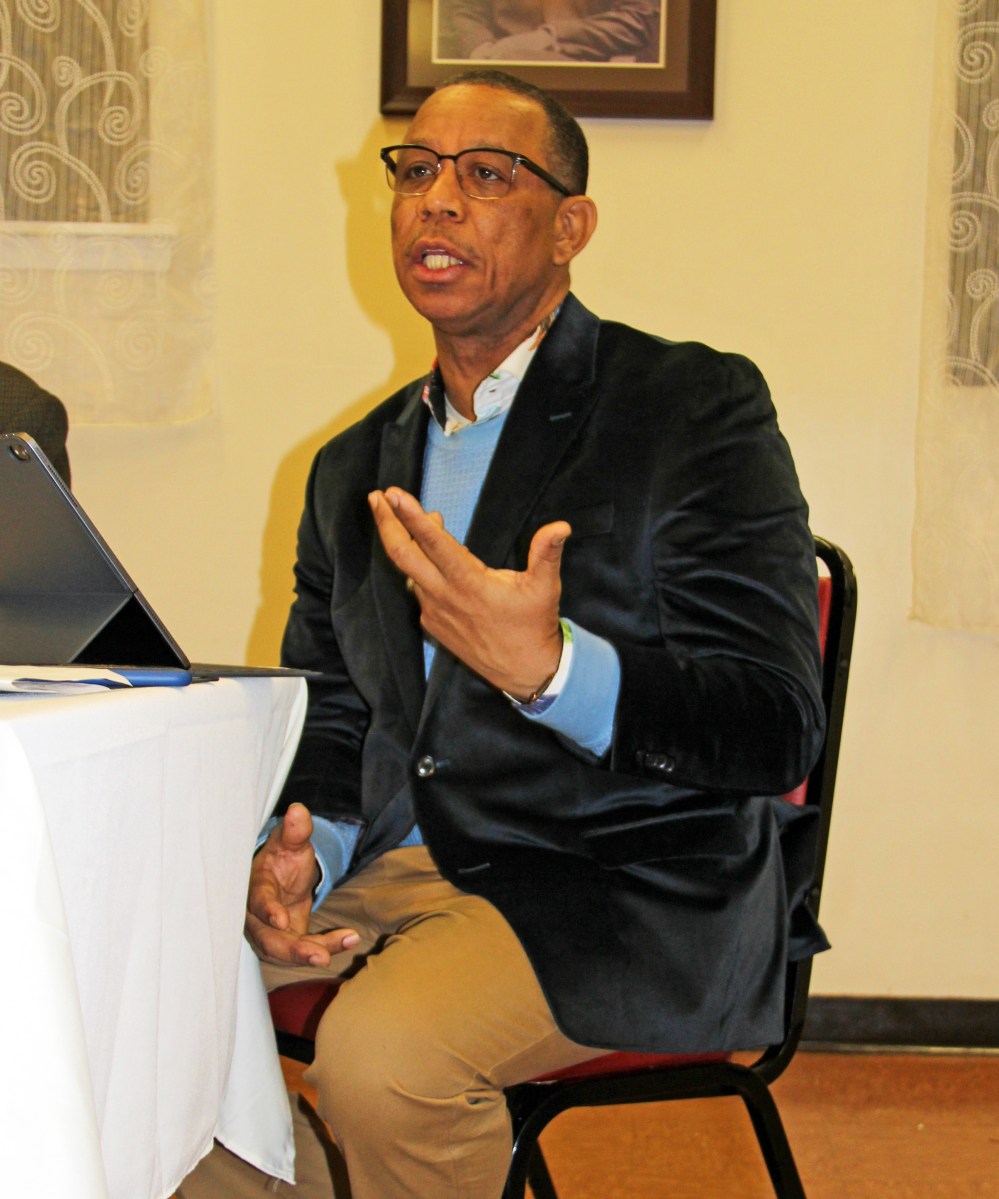U.S. intelligence has concluded that the Russian military offered bounties to Taliban-linked militants in Afghanistan to kill American troops and other coalition forces, The New York Times reported on Friday, citing officials briefed on the matter.
A Russian military intelligence unit linked to assassination attempts in Europe had offered rewards for successful attacks last year, according to the newspaper. It said Islamist militants, or armed criminal elements closely associated with them, are believed to have collected some bounty money.
“This primitive informational dump clearly demonstrates low intellectual abilities of the propagandists at the American intelligence service,” Russia’s foreign ministry said in a statement cited by the RIA news agency.
The White House, the CIA and the Office of the Director of National Intelligence declined requests from Reuters for comment on the newspaper report.
President Donald Trump has been briefed on the intelligence finding, the Times said. The White House has yet to authorize any steps against Russia in response to the bounties, it added.
Of the 20 Americans killed in combat in 2019, the Times said, it was not clear which deaths were under suspicion.
After nearly 20 years of fighting the Taliban, the U.S. is looking for a way to extricate itself from Afghanistan and to achieve peace between the U.S.-backed government and the militant group, which controls swathes of the country.
On Feb. 29, the U.S. and the Taliban struck a deal that called for a phased withdrawal of American troops.
U.S. troop strength in Afghanistan is down to nearly 8,600, well ahead of a schedule agreed with the Taliban, in part because of concerns about the spread of coronavirus, U.S. and NATO officials said in late May.












